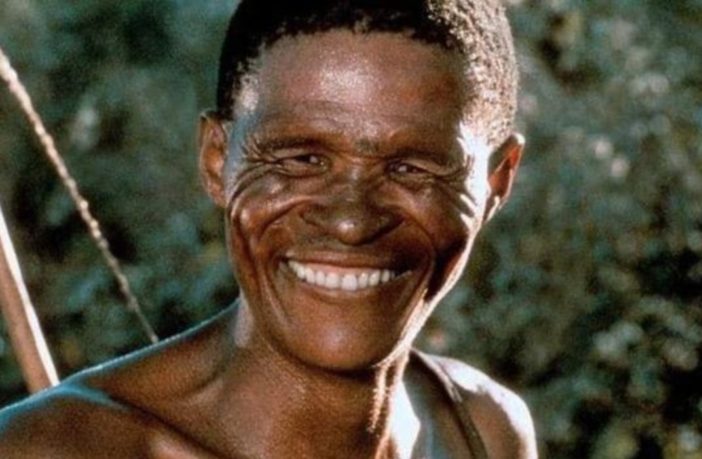Movies have a magical way of transporting us to different worlds, making us laugh, cry, and explore deeper thinking points. However, behind the scenes, there’s a less magical aspect that often goes unnoticed: economic inequality within the film industry. The story of N!xau Toma, the main actor in the famous film “The Gods Must Be Crazy,” sheds light on this issue, revealing how even massive success can fail to bridge the gap between earnings and equitableness.
Back in 1980, “The Gods Must Be Crazy” became a huge hit, raking in more than $60 million globally and becoming a cultural phenomenon. The movie, set in the Kalahari Desert, followed the adventures of N!xau Toma, a man from Namibia’s San community, in a series of hilarious escapades. Despite the movie’s overwhelming success, N!xau Toma was paid only $300. This striking contrast between the film’s massive profits and the actor’s meager earnings is a classic example of how economic inequality often plays out in the film industry.
N!xau Toma’s story raises important questions about how actors are compensated in the film business. How can a movie make millions while the person who helped make it a hit is left with so little? This mismatch exposes the complex financial arrangements and power dynamics that can leave actors and creators, especially those from marginalized backgrounds, shortchanged. It’s a glaring reminder that the money earned by movies doesn’t always trickle down to those who give them life on screen.
Beyond the financial takeaway, N!xau Toma’s situation also highlights the problem of cultural exploitation. “The Gods Must Be Crazy” was praised for showcasing the San people’s unique way of life, but this also led to the commodification of their culture for profit. Unfortunately, this isn’t uncommon in the film world – indigenous cultures are often used as exotic backdrops or selling points, while the real creators of these cultures remain in the shadows.
This story also prompts us to explore how we value indigenous artists. N!xau Toma played a central role in making “The Gods Must Be Crazy” unforgettable, yet his payment was a fraction of what might be expected given the movie’s success. This forces us to confront whether we truly appreciate the contributions of indigenous artists and whether they’re compensated fairly. The issue isn’t just about money; it’s about acknowledging the talents and voices of those who often go unheard.
The N!xau Toma story is like a mirror reflecting the broader economic disparities in the film industry. It shows us that the glamor of movies can sometimes hide the stark differences in earnings and opportunities. As conversations about diversity, representation, and inclusivity gain momentum in the film world, N!xau Toma’s story reminds us to address the economic imbalances that continue to hold progress back.
In the end, the tale of N!xau Toma’s compensation for his role in “The Gods Must Be Crazy” uncovers the economic inequalities that persist in the film industry. Despite the film’s incredible success, N!xau Toma’s earnings were far from what they should have been. This highlights the urgent need for more fairness in how people are paid. Additionally, it emphasizes the importance of respecting and valuing indigenous cultures and artists, ensuring they get the recognition and rewards they deserve. As the film industry evolves, we can only hope to work towards a future where everyone’s contributions are celebrated and fairly compensated.



